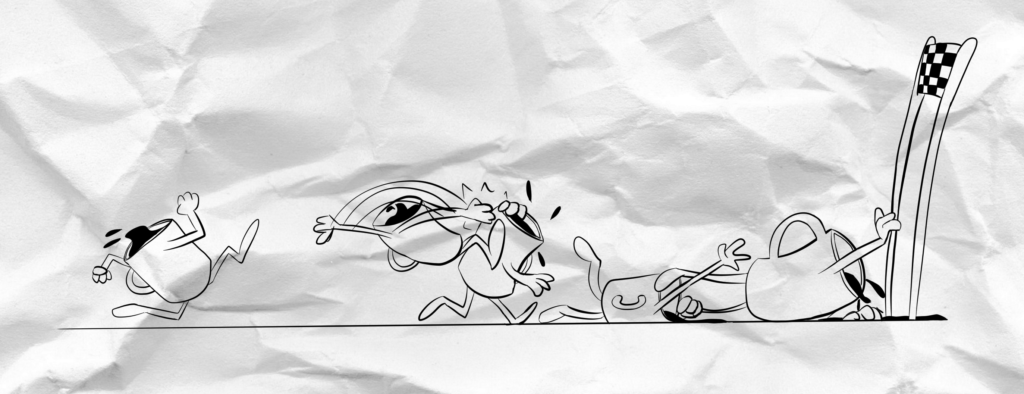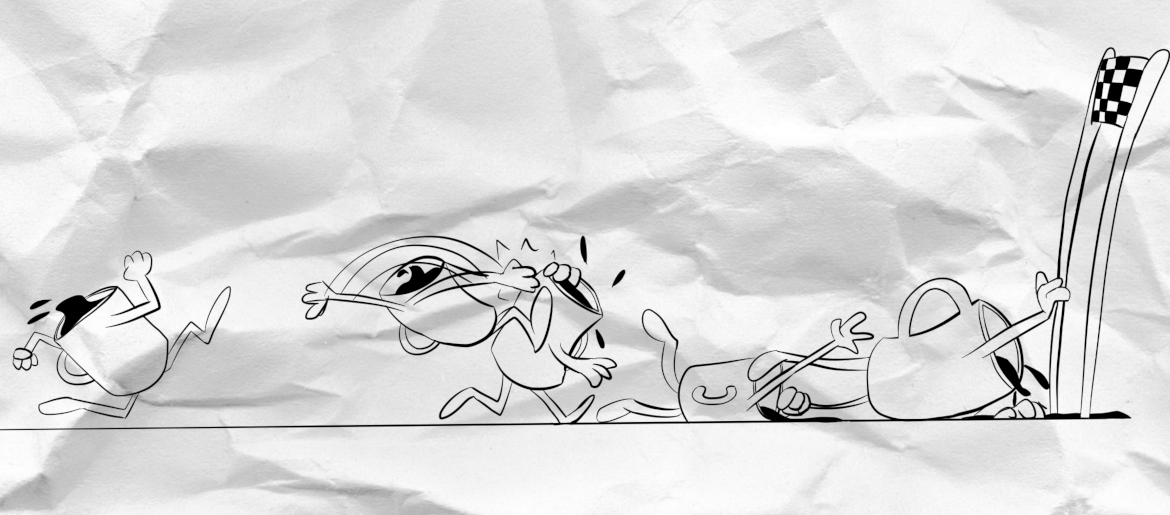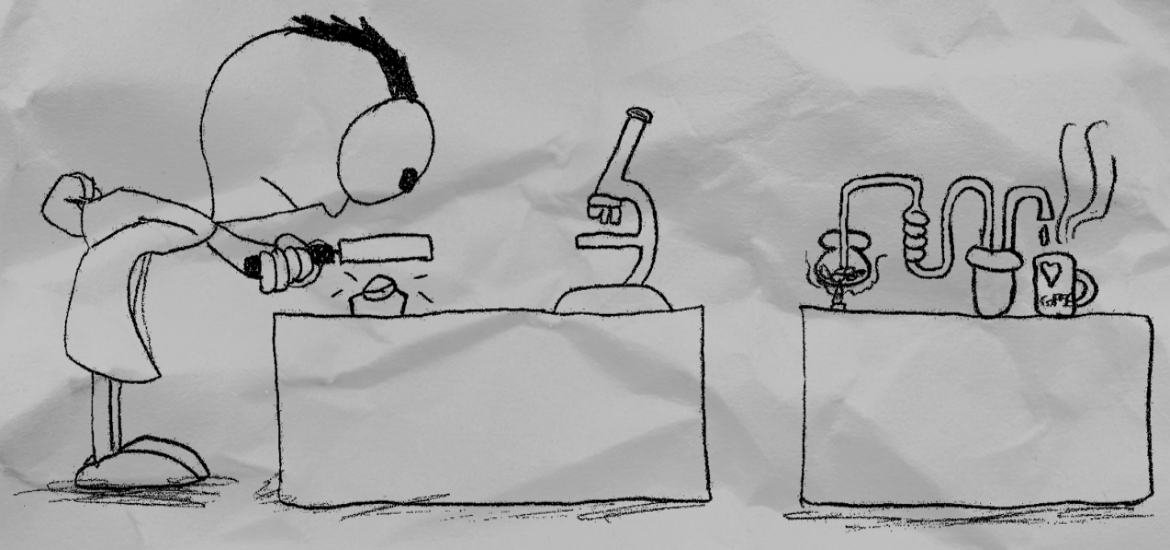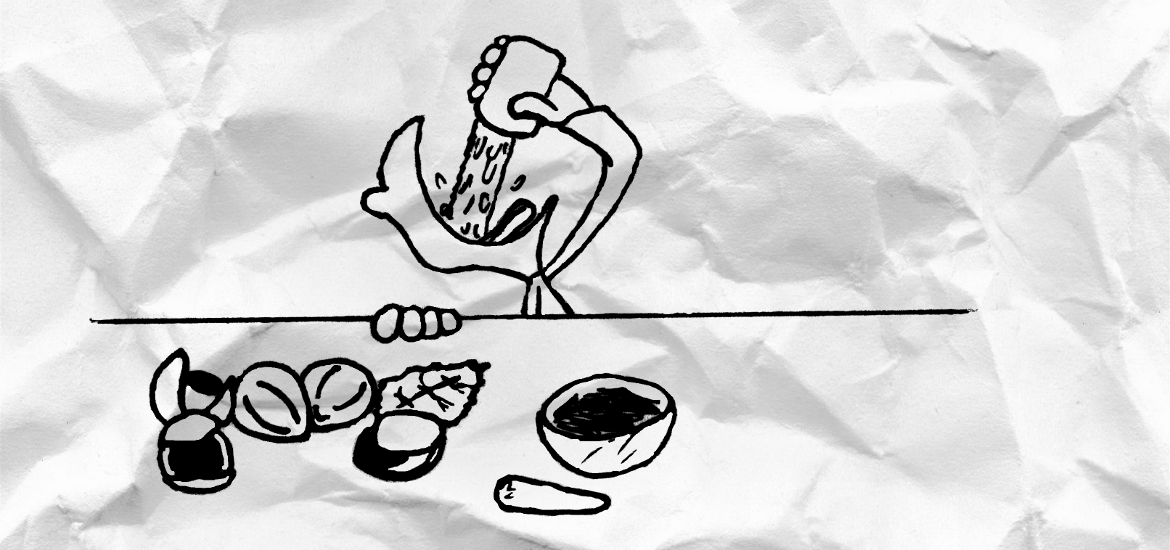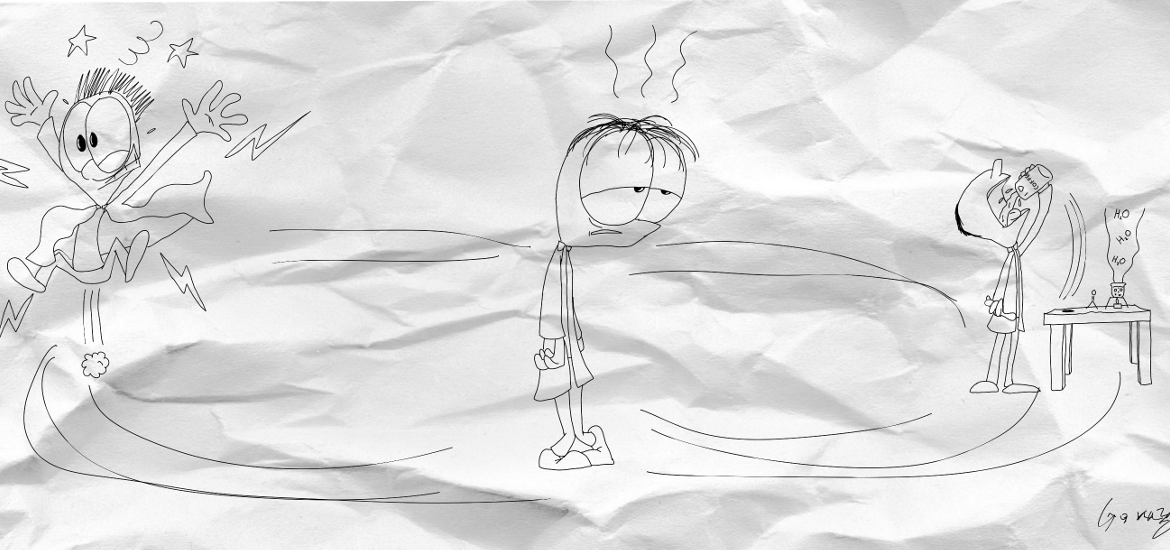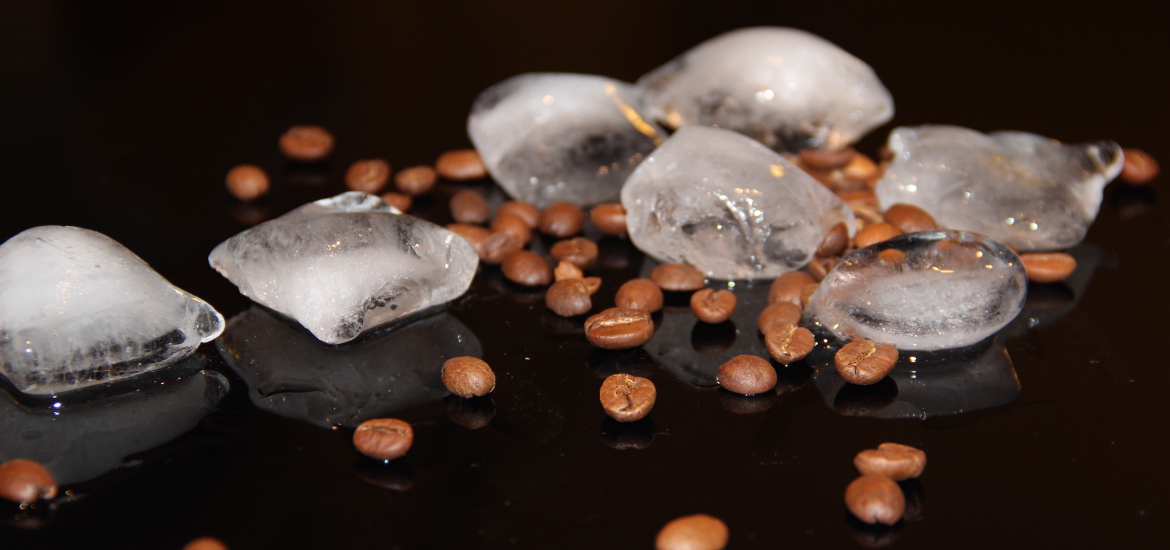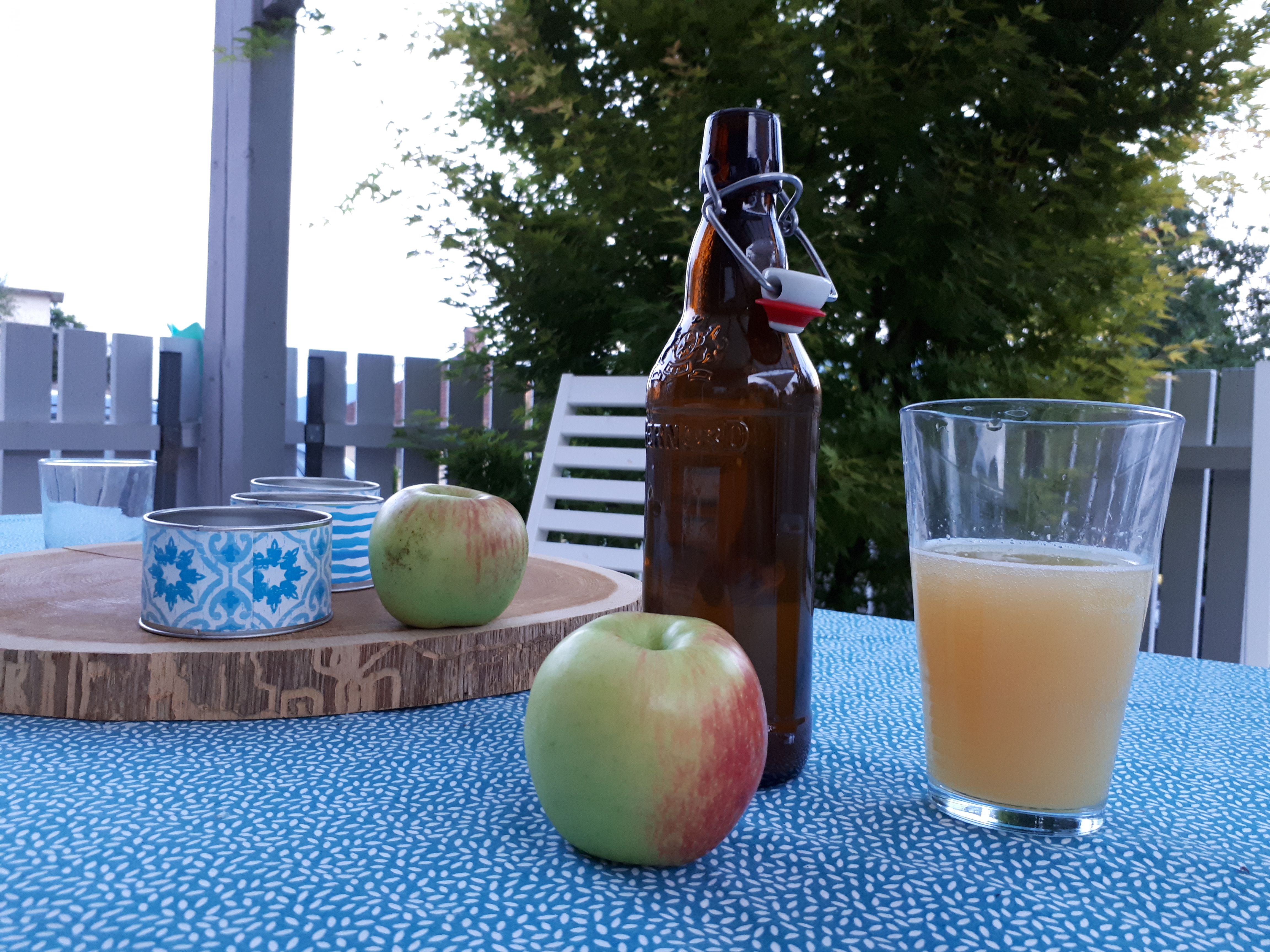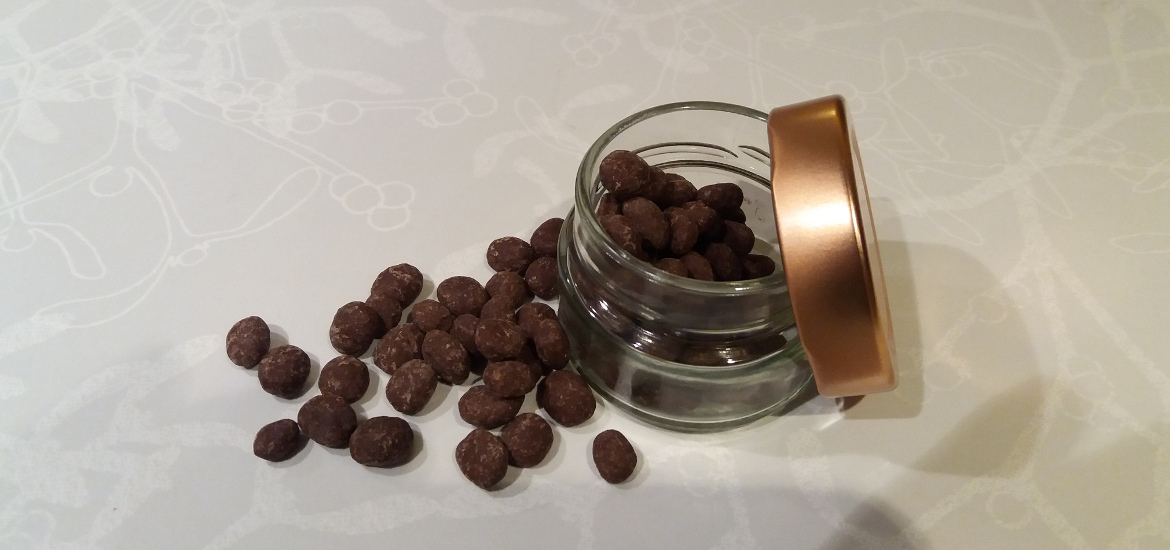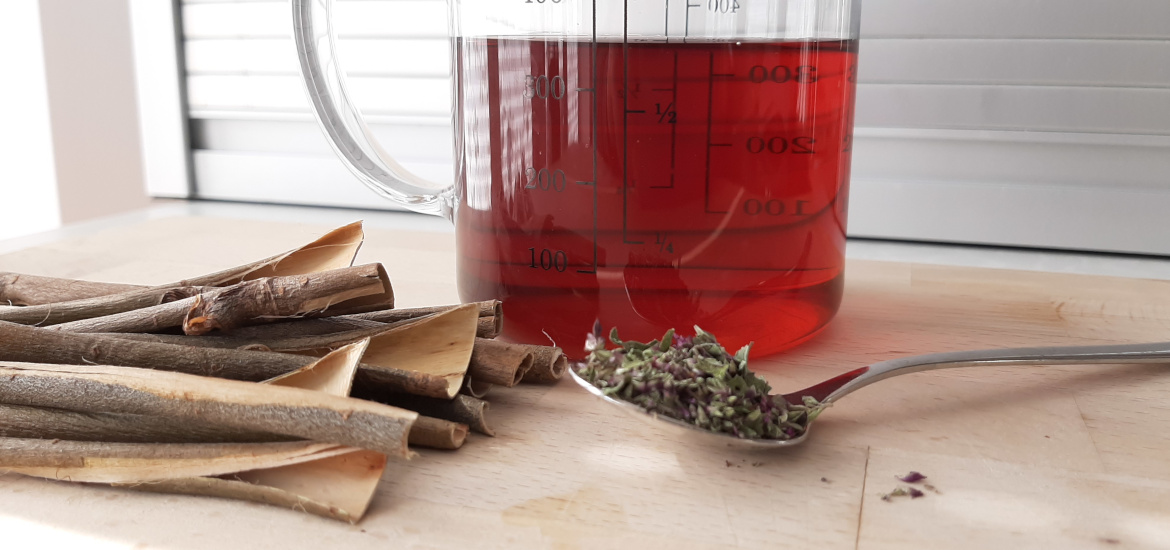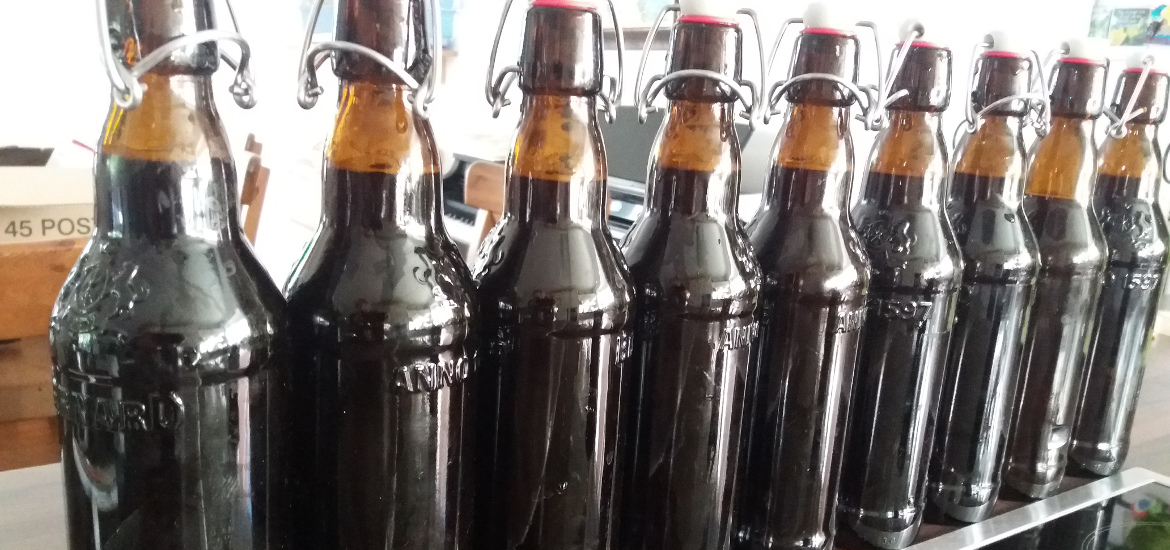Introduction
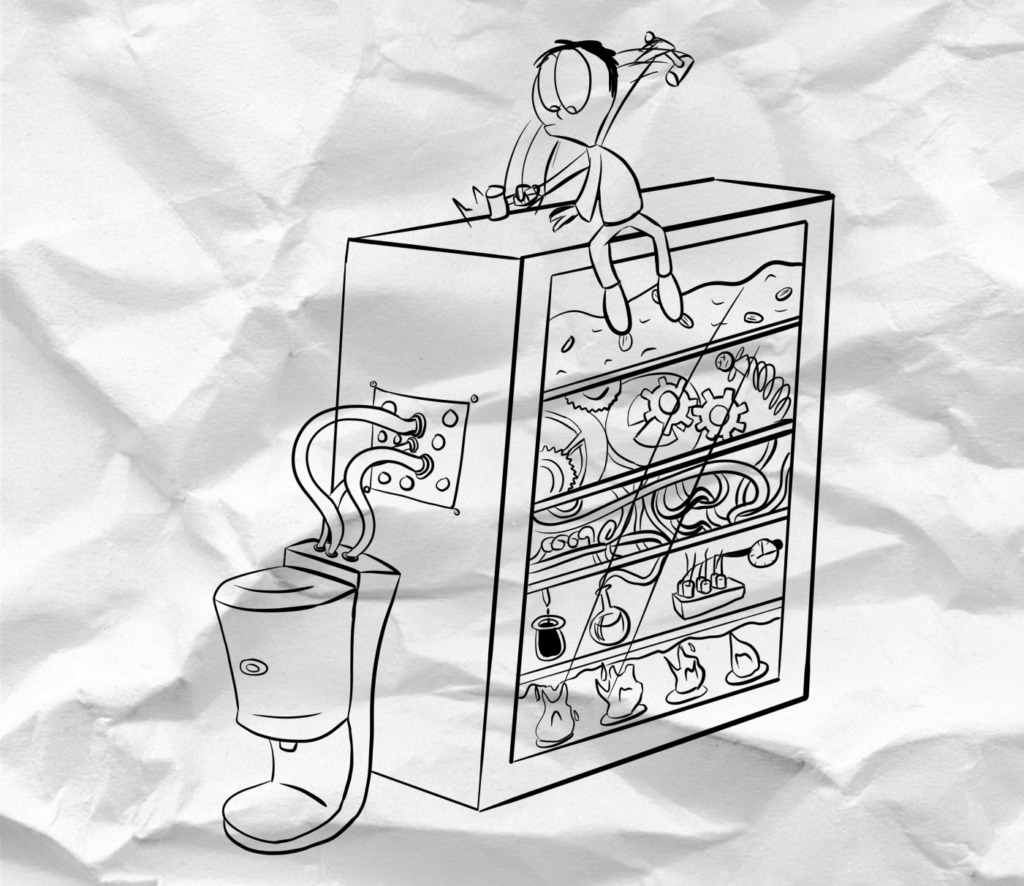
Sparked by the comment in my post about caffeine extraction, I realized that I never considered time in coffee preparation. How long should the coffee be brewed to get all the caffeine out? There are many ways to prepare coffee. Are all of them similar? Or should we use specific preparation to get all the caffeine out? Luckily, the same question did get some attention in scientific literature. For your reference the best article in my opinion is this one, followed by this and this one. This one is also an interesting read, painting a more complete picture, including cultural and health aspects of coffee drinking. Naturally, there are more articles out there, but in my opinion the selected articles are the most reliable ones in terms of relevance (i.e. comparison of brewing methods) and methodology (i.e. their science is good). There are a lot of articles that upon closer examination raises a lot of questions about their reproducibility and methodology, but in general even these support the conclusion that I draw at the end. The selected articles did not focus solely on caffeine extraction, so even in my selection it is sometimes hard to get the definite answer. I have made a short summary below. Since the extraction is heavily dependant on the initial amount of caffeine in the coffee beans, we cannot simply combine and compare the results between articles. Only one article can be used as a starting reference. Others can be used only for confirmation, but not compared directly.
Articles overview
For the first article, the results are straightforward and extracted caffeine is neatly calculated to total caffeine. Caffeine extraction was tested with different methods:
- espresso and lungo from a semi-automatic and fully automatic coffee machine
- mocha made with a percolator
- lungo prepared with French Press extraction
- filter coffee
- lungo extracted with a Bayreuth coffee machine
For the tested methods, the extraction of caffeine was in the range of 79 to 100% to total caffeine. This shows that all methods are good in terms of extracting caffeine. The result is to some degree expected, since caffeine has very good water solubility. On the other hand, it is interesting that the differences are so small, since methods are not that comparable. Tested methods have different amounts of water to coffee ratio, different extraction times and different pressures. The general conclusion would be that preparation method is not the main factor determining the amount of caffeine in coffee.
Other articles, for instance this one, confirm this data. Despite different particles size of ground coffee, ratio of coffee to water and extraction times, extracted amount of caffeine was always comparable (i.e. 70 mg/177 ml). The lowest extracted amount was 50 mg/177 ml and assuming 70 mg was 100% extraction efficiency, this translates to 70% extraction efficiency.
In this article, the difference in extraction efficiency between different brewing methods is higher, up to 50%. Interestingly, for most methods, with differences in extraction efficiency up to 32%, no statistically significant difference was observed. This indicates that the brewing methods themselves are highly variable and extraction efficiency within one method can vary considerably.
Final conclusion
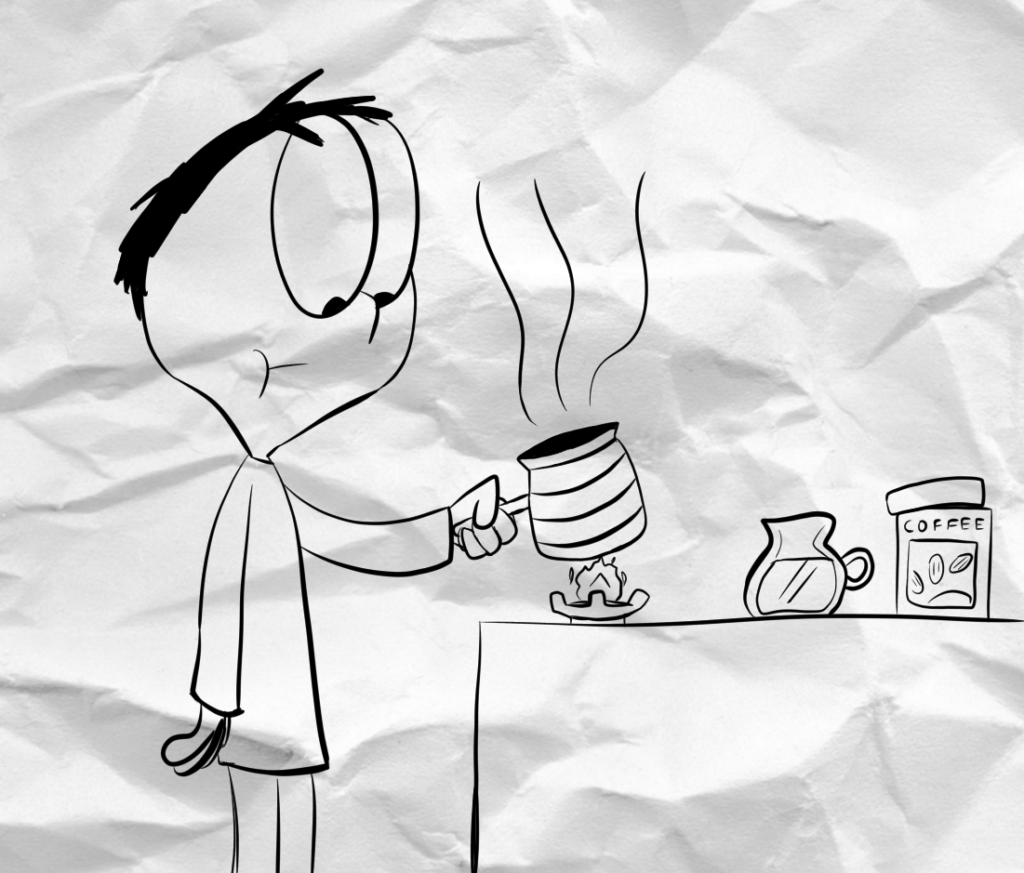
Method of coffee brewing definitely has an influence on the amount of extracted caffeine. A general estimation would be that the amount of caffeine can vary around 30%, depending on the method used. Methods with longer brewing time and more water tend to extract more caffeine. But this information should be considered in the complete context of coffee brewing. First point is the amount of coffee that you use to prepare your brew. You can easily add 30 or 50% more and you caffeine level will increase accordingly. But the greatest influence – in my opinion – on caffeine content in you coffee have the starting coffee beans. Even if you are a coffee purist and drink only Arabica, the amount of caffeine can vary more than 40%. This is even more striking if we count in robusta – then the variability is more than 80%.
This article illustrates nicely my point (although I have some serious concerns about the reproducibility of the method). The authors conclude that different brewing conditions have an influence on caffeine levels. This is supported by the data, where the amount of extracted caffeine at different conditions varies up to 28%. But looking from another perspective, maximum caffeine levels vary by 56% between different brands, way more than the influence of brewing method. So, while it is important how you prepare your brew, what coffee and how much you use in the process is of much greater significance.
